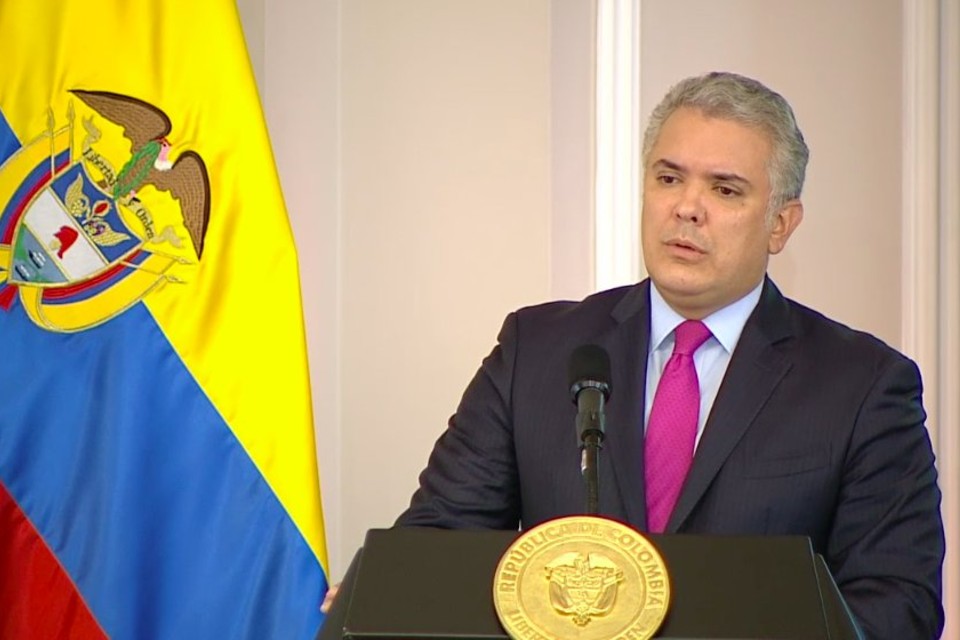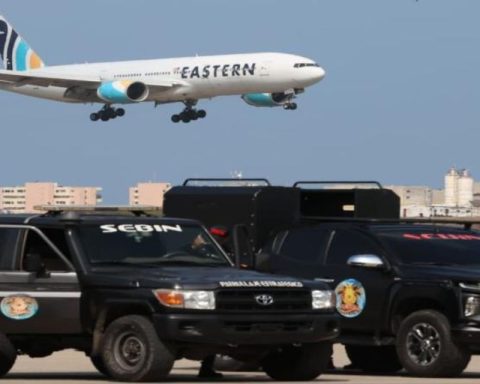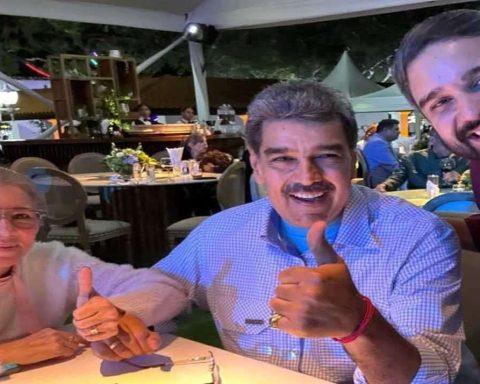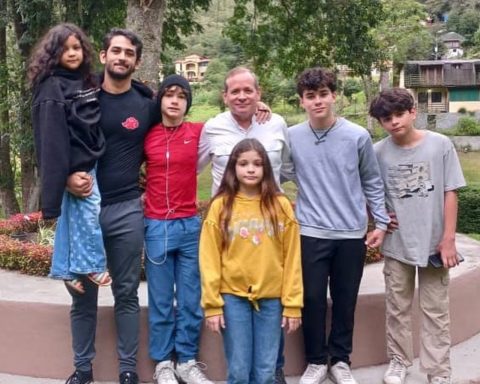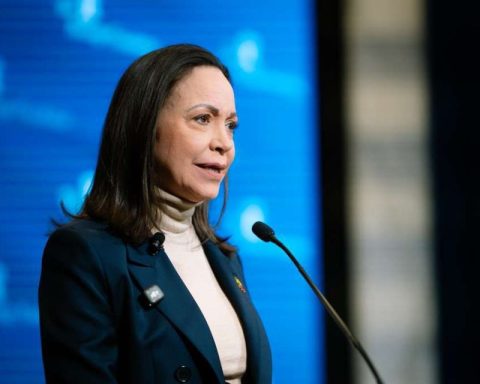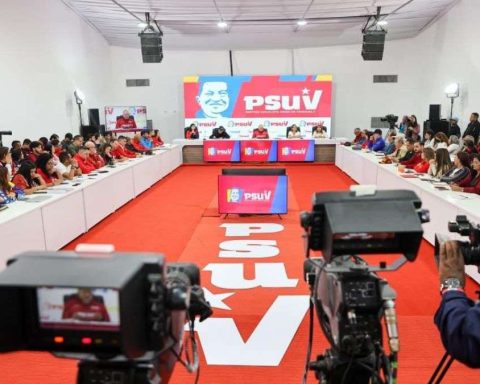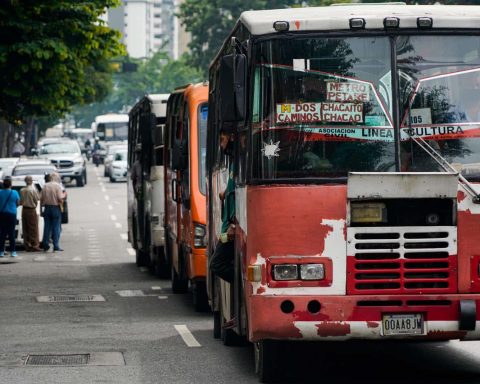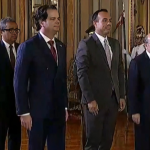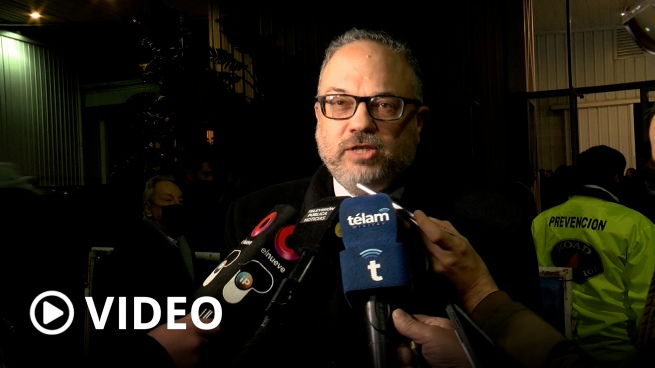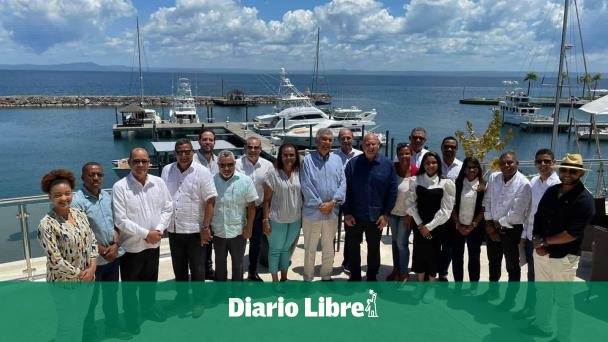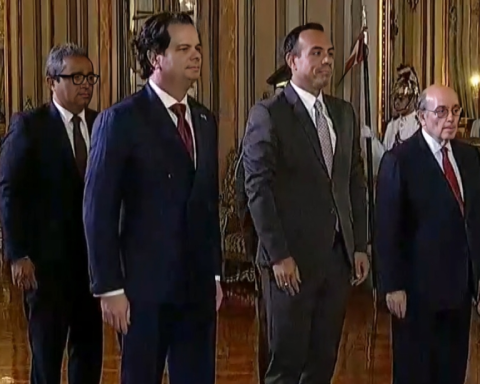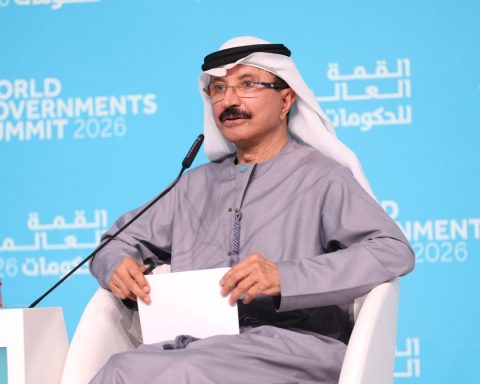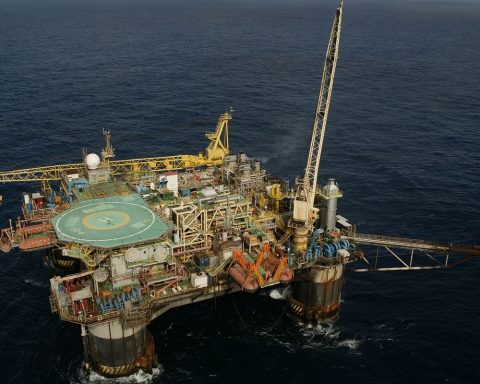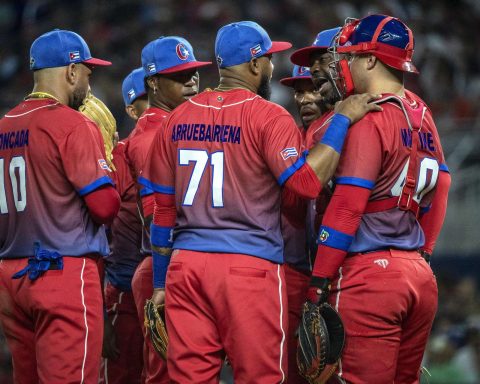The Colombian president maintained that the relationship between the two countries has always existed. “We have given shelter to 1.8 million migrants (…) We have already delivered a million TPS cards,” said Duque
The president of Colombia, Iván Duque, referred this Friday to the recent announcements made by the candidates for the first magistracy of that country, Gustavo Petro and Rodolfo Hernández, about relations with Venezuela.
During his visit to the International Monetary Fund in Washington, Duque specified that one thing is the relationship between countries and quite another is the relationship with the Nicolás Maduro regime.
“Having relations with a criminal dictatorship, with a narco-state like that of Nicolás Maduro, is simply validating those practices that are contrary to International Law and that have led Venezuela to its greatest misfortune,” he said.
In this sense, the president warned that “the relationship between Colombia and Venezuela is so strong that we have given shelter to 1.8 million migrants, and what has been achieved is so eloquent that we have already delivered a million TPS cards that it has no precedent in this hemisphere.”
Finally, he said “it was not I who broke relations with the dictatorial regime of Nicolás Maduro”, recalling that it was the government of Juan Manuel Santos that, by not recognizing the elections in Venezuela, took that step, which President Duque decided to follow.
Previously, the independent candidate for the Presidency of Colombia Rodolfo Hernández defended a reestablishment of consular relations with Venezuela, which he will activate “the same day” if he wins the electoral contest, while arguing that “(Nicolás) Maduro resolves with the Venezuelans and the Venezuelans resolve what they do with Maduro.
“Consular relations are necessary for good circulation, both commercial and tourism exchange and also because the border is where the increase in violence that Colombia is having is also being felt the most,” Hernández said.
In this sense, he assures that, although the land borders with Venezuela were closed, “there are 180 trails” through which both people and merchandise continue to move. «That is like tying a cat with sausages. That’s useless,” he added.
“Consular relations must be activated on the same day because those who are paying the consequences of political fights are the three million Colombians who live in Venezuela. They have nothing to do with that, you have to help them so they can establish themselves, become regular”.
*Also read: Duque announces the capture of “all” those involved in the murder of prosecutor Marcelo Pecci
For his part, on May 6, presidential candidate Gustavo Petro reaffirmed one of his most controversial campaign promises: reestablish diplomatic relations between Colombia and the Nicolás Maduro regime in Venezuela.
“If they elect Petro president, we will restore diplomatic and consular relations with the Republic of Venezuela,” he proclaimed.
Petro said that he would have an ambassador in Venezuela and that he would also reopen the border between the two nations so as not to continue affecting the economy and, on the contrary, allow a reactivation of those sectors.
“I have to tell you that Cúcuta cannot be a city, it cannot prosper, it cannot overcome problems without opening the borders. Reestablishing diplomatic relations normally is a difficult and even controversial issue. Debatable on a global scale, undoubtedly, but I do not see an alternative for Cúcuta if there is no full reestablishment of diplomatic and consular relations between the two countries,” said the candidate.
In 2015, Maduro ordered to close the passage of vehicles on the border with Colombia and, in 2019, he broke diplomatic relations with the Duque government, after the Venezuelan opposition tried to bring humanitarian aid into the country through the border.
At the beginning of October, the Maduro government announced the commercial reopening of the border with Colombia, after removing the obstacles it had installed on the bridges that communicate between the state of Táchira (Venezuela) and the Department of Norte de Santander (Colombia).
With information from Eph/ Infobae/ VOA
Post Views:
91
